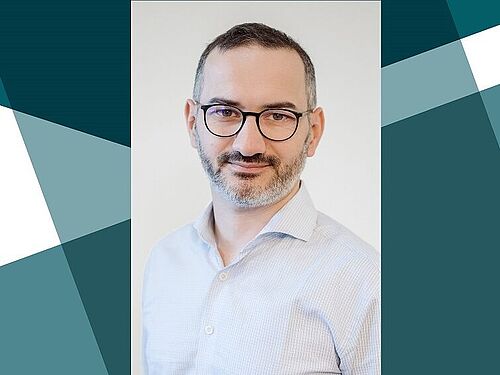Srdjan Capkun has been an Advisory Board Member since the beginning of CASA. This year, together with Moti Yung (interview here), he participated in the three-day CASA Retreat in Königswinter. There, he presented a Distinguished Lecture on "Physical-Layer Attacks and Their Impact on Wireless Networks: Two Case Studies", discussed the strategy of the cluster in numerous discussions and reflected on research topics with young researchers. Click here for an overview of his publications.
You are a professor at ETH Zurich. Are there comparable initiatives to CASA in Switzerland?
Indeed, almost 20 years ago ETH established the Zurich Information and Privacy Center, which I am now leading. It is a similar sort of initiative which bring industry, government and academia together to work on relevant research projects. In addition, we have joint programs and research activities in security and privacy with EPFL in Lausanne which bolster collaboration between two federal institutes of technology.
What advantages do such clusters bring?
The purpose of these kinds of funding schemes is particularly to break people out of their silos. Siloed research has of course its own purpose, people can focus on their PI projects, that’s what ECR grants are for. But it's also important to break out of your comfort zone, to expose oneself to other researchers who might have different methodologies in mind and generally different views. That’s the main benefit.
You’re an advisory board member since the beginning. How CASA is developing in your opinion?
I see some excellent hires, I see that this cluster brings more strength to the region of Bochum, especially with the synergies with the MPI and Ruhr University. Also involving other universities with a smaller security presence. Creating a “Schwerpunkt” is very important, because, in the end, excellence in research needs to be a little bit elitist, as bad as it sounds. It has to create an environment that others want to join and this kind of initiative is what CASA is doing for the region, which is really remarkable. This is one of the top regions for security in Europe, not only in Germany.
Why is so important to have something like an advisory board for Clusters?
You always need fresh input. The best way to get this input is to hire people with different research cultures, and people who have seen other systems or have been in other universities. So they have different views on how things work. That’s one way of doing it. Another way is to invite members of successful universities or institutions to your project who can contribute with their experience. As an advisory board member, I try to help my colleges here at CASA by providing a different perspective and a different experience.
General note: In case of using gender-assigning attributes we include all those who consider themselves in this gender regardless of their own biological sex.
“You always need fresh input” - Interview with Srdjan Capkun

Copyright: CASA, Björn Schreiber

